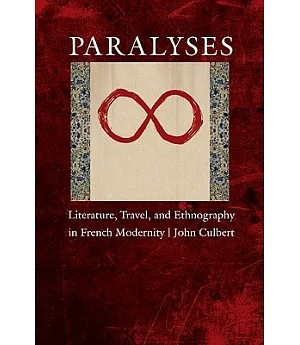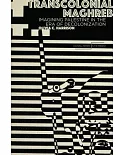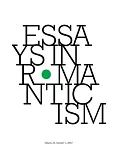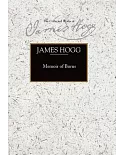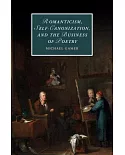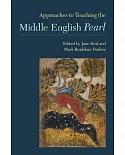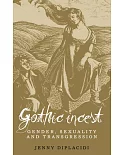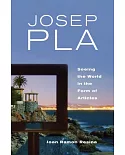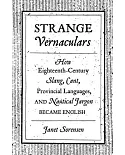Modernity has long been equated with motion, travel, and change, from Marx’s critical diagnoses of economic instability to the Futurists’ glorification of speed. Likewise, metaphors of travel
serve widely in discussions of empire, cultural contact, translation, and globalization, from Deleuze’s “nomadology” to James Clifford’s “traveling cultures.” This book, in contrast, argues
that the key texts of modernity and postmodernity may be approached through figures and narratives of paralysis. Motion, John Culbert contends, is no more defining of modern travel than
fixations, resistance, and impasse; concepts and figures of travel, he posits, must be rethought in this more static light.
Focusing on the French and Francophone context, in which paralyzed travel is a persistent motif, Culbert also offers new insights into French critical theory and its often paradoxical figures
of mobility, from Blanchot’s pas au-delà and Barthes’ dérive to Derrida’s aporias and Glissant’s diversions. Here we see that paralysis is not merely the failure
of transport, but rather the condition in which travel, by coming to a crisis, calls into question both mobility and stasis in the language of desire and the order of knowledge.
Paralyses provides a close analysis of the rhetoric of empire and the economy of tourism precisely at their points of breakdown, which in turn enables a deconstruction of master
narratives of exploration, conquest, and exoticism. A reassessment of key authors of French modernity—from Nerval and Gautier to Fromentin, Paulhan, Beckett, Leiris, and
Boudjedra—Paralyses also constitutes a new theoretical intervention in debates on travel, translation, ethics, and postcoloniality.

